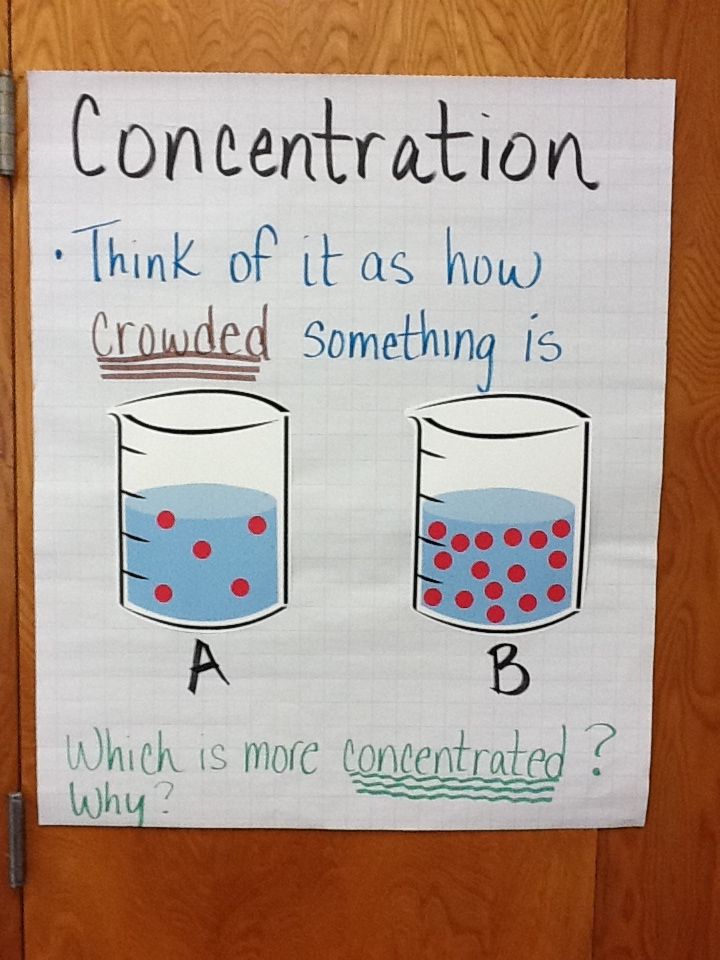How Far Back Do Education Background Checks Go? Complete Guide for Job Seekers & Employers
Introduction: Why Education Background Checks Matter
Education background checks have become an essential step in the hiring process for employers in nearly every industry. These checks help verify the credentials, qualifications, and honesty of job applicants. With increasing reports of resume fraud and credential misrepresentation, understanding how far back education background checks go is crucial for both employers seeking reliable hires and candidates aiming to present accurate histories.
How Far Back Do Education Background Checks Go?
Unlike criminal or credit background checks-which often have statutory lookback limits-education background checks typically have no time restriction on how far back they can search. Employers can verify academic degrees, certificates, and attendance records from decades ago , as long as the institution still maintains the records and responds to verification requests [2] . This means that your high school diploma from the 1980s or a university degree from the early 2000s can be checked, regardless of how much time has passed.
Some background check providers may, by policy or contract, only investigate the last seven years. However, the majority of reputable providers and employers request
lifetime verification
for educational history, especially for roles that require specific credentials
[4]
.
What Information Is Verified?
Education background checks typically focus on the following details:
- Institution attended : Name and location of the school or university.
- Dates of attendance : The period when the candidate studied at the institution.
- Degrees or certificates earned : Confirmation of diplomas, degrees, and certifications.
- Majors and minors : Field(s) of study.
Education background checks do not usually include grades, GPA, specific coursework, disciplinary records, or financial aid information [2] . The goal is to verify the authenticity of claimed credentials rather than to evaluate academic performance.
Why Do Employers Conduct Education Background Checks?
Employers use education background checks to:

Source: gsaschedule.com
- Confirm candidates possess the required qualifications.
- Prevent credential fraud or misrepresentation.
- Ensure compliance in regulated industries (such as teaching, healthcare, finance).
- Protect the integrity and reputation of their organization.
For example, school systems often require teacher background checks not just for criminal history, but also to confirm degrees and certifications, as this protects students and ensures compliance with state law [1] .
Legal Framework and Compliance
The Fair Credit Reporting Act (FCRA) is the primary federal law governing background checks-including education verification-for employment. Under FCRA, candidates must provide written consent for background checks and have the right to dispute any inaccurate information found during the process [4] . State laws may add further requirements or restrict the use of certain information, but there is generally no legal limit on how far back education verification can go.

Source: test-wrkplan-marketing.com
Preparation for Candidates
If you are applying for a job where an education background check will be conducted, you can take these steps to prepare:
- Gather your academic documents : Diplomas, transcripts, and certificates help confirm your credentials.
- Verify your records : Contact your schools or universities to ensure your records are accurate and accessible. This is especially important if you graduated decades ago.
- Be transparent : If you know of any discrepancies (such as a name change or missing records), disclose them proactively to your potential employer.
- Understand your rights : Review your rights under the FCRA and your state’s laws. You can dispute errors found during the check.
If your school has closed or merged, records may be held by the state’s education department or a successor institution. In these cases, ask your prospective employer which entity they use for verification, or contact your state’s education office for guidance.
Step-by-Step Guidance for Employers
Employers looking to conduct education background checks should follow these steps:
- Define requirements : Determine which degrees, certificates, or fields of study are needed for the role.
- Select a reputable provider : Use a background check company with expertise in education verification and compliance. For best practices, consider established firms such as Checkr or GoodHire [1] [4] .
- Obtain candidate consent : Collect signed authorization before initiating the check.
- Request verification : Specify the institutions and credentials to be checked. Provide as much identifying information as possible to streamline the process.
- Review results : Examine the verification reports for accuracy and completeness. If discrepancies arise, follow up with the candidate and the institution for clarification.
- Document decisions : Keep records of all verification steps for compliance and future reference.
Employers should be aware that some third-party background check providers may have internal policies limiting verification to seven years, but most will check for academic credentials regardless of age when requested [2] [4] .
Potential Challenges and Solutions
Candidates and employers may encounter challenges during education background checks, such as:
- Closed or merged institutions : If a school is no longer operating, records may be stored with a state agency or a successor school. Contact the state’s department of education for assistance.
- Name changes or discrepancies : If a candidate’s name has changed, provide documentation (e.g., marriage certificate, legal name change) to facilitate verification.
- Old records : Records from decades ago may take longer to locate. Employers should allow additional time and candidates should provide as much detail as possible.
- International education : Verifying degrees from overseas institutions can be complex. Use specialized verification providers with global reach, and ask candidates for certified translations if needed.
If discrepancies or errors are found, candidates have the right to dispute them and request corrections from both the background check provider and the institution. Employers should allow reasonable time for resolution and avoid making decisions based solely on unverified or disputed information.
Alternative Approaches and Additional Insights
For roles where education is not a strict requirement, some employers may choose to forego education background checks or only verify the highest degree earned . Others may use professional licensing verification-subject to similar lifetime lookback policies. In highly regulated sectors, such as teaching, employers may be required by law to verify all relevant degrees and certifications [1] .
Employers and candidates who want to verify education history on their own can contact the registrar’s office of the relevant institution or use official alumni verification services. If you are unsure which agency to contact for a closed school, search for your state’s department of education and request guidance on record retrieval.
Summary: Key Takeaways
Education background checks usually have no time limit and can verify credentials from any point in a candidate’s academic history. Employers should design their verification process to be thorough and fair, while candidates should prepare documentation and proactively address any issues that may arise. Both parties can benefit from understanding legal requirements, potential challenges, and available solutions to ensure a transparent, compliant, and effective hiring experience.
References
- [1] Checkr (2023). Teacher Background Checks: Complete Guide for School Employment.
- [2] GCheck (2024). How Far Back Do Education Background Checks Go.
- [3] Ferretly (2024). How Far Back Does a School Background Check Go?
- [4] GoodHire (2022). How Far Back Do Background Checks Go?
- [5] Cisive (2024). How Far Back Does a Background Check Go?



